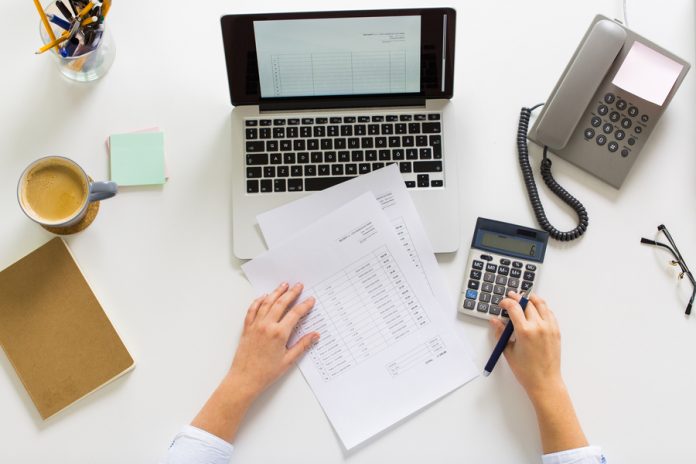It’s not fun, glamourous or even enjoyable, but creating a budget is a necessary part of adulthood and it is the first step towards financial stability. Tracking your spending on a regular basis can give you an accurate picture of where your money is going and where you’d like to go ahead instead. It is important to work through your finances and have a budget in place.
“Many people don’t realise that they spend more money than what they earn and they slowly sink deeper into debt every year,” says Mark Bishop, Managing Member at Credit Clear. “Budgeting is simply balancing your expenses with your income, if they don’t balance and you spend more than you make, you will have a problem.”
Here’s how to get started tracking your monthly expenses and budget accordingly.
- KNOW YOUR INCOME
The first, obvious and most important thing you’ll need to get a good understanding on is how much money you are actually bringing in every month. You’ll have to deduct factors such as tax, pension, medical aid and other contributions. Not including these deductions will cause you to have an exaggerated idea of what your actual take-home income is.
- CHECK YOUR ACCOUNT STATEMENTS AND DOCUMENT YOUR EXPENSES
Comb through your monthly account statements and track both your fixed and variable expenses. Fixed expenses include things that are relatively constant month after month such as your bond, car payments and insurances. You may even note that you are paying for recurring subscription services that you could do without. Your variable expenses are those that fluctuate every month and include things such as groceries, entertainment and clothing.
- ANALYSE YOUR SPENDING HABITS
Keeping receipts of all your expenditures will help you to determine how much money you are actually spending every month. You’ll have a good idea of your average monthly spending after a few months of analysing these habits, for example – those morning coffee runs, eating out and takeaways may be costing you more money than you realise.
- CHOOSE A BUDGETING TOOL TO DOCUMENT YOUR EXPENSES
When you put a budget together, you need a resource that helps you to organise your finances. A simple monthly budget template on an excel spreadsheet can easily assist you in documenting your income and expenses. This will allow you to see if you have any money left over to put into your savings or if you are just digging yourself into a deeper financial hole.
- SET BOTH LONG-TERM AND SHORT-TERM GOALS
Once you have analysed your expenses and noted your spending habits, you can get into setting specific goals to help you pay off any outstanding debt that you may have. Short-term goals can include things such as, paying off your credit card while your long-term goals may include paying off your bond. By doing this, you can eventually free up your finances at some point further down the line.
Tracking your expenses and having a monthly budget allows you to create a spending plan for your money and ensures that you will always have enough money for the things you need. Following a budget or spending plan will also keep you out of debt or help you work your way out of debt if you are currently in debt.
*Disclaimer: Credit Clear is not a registered financial advisor or FSB accredited






